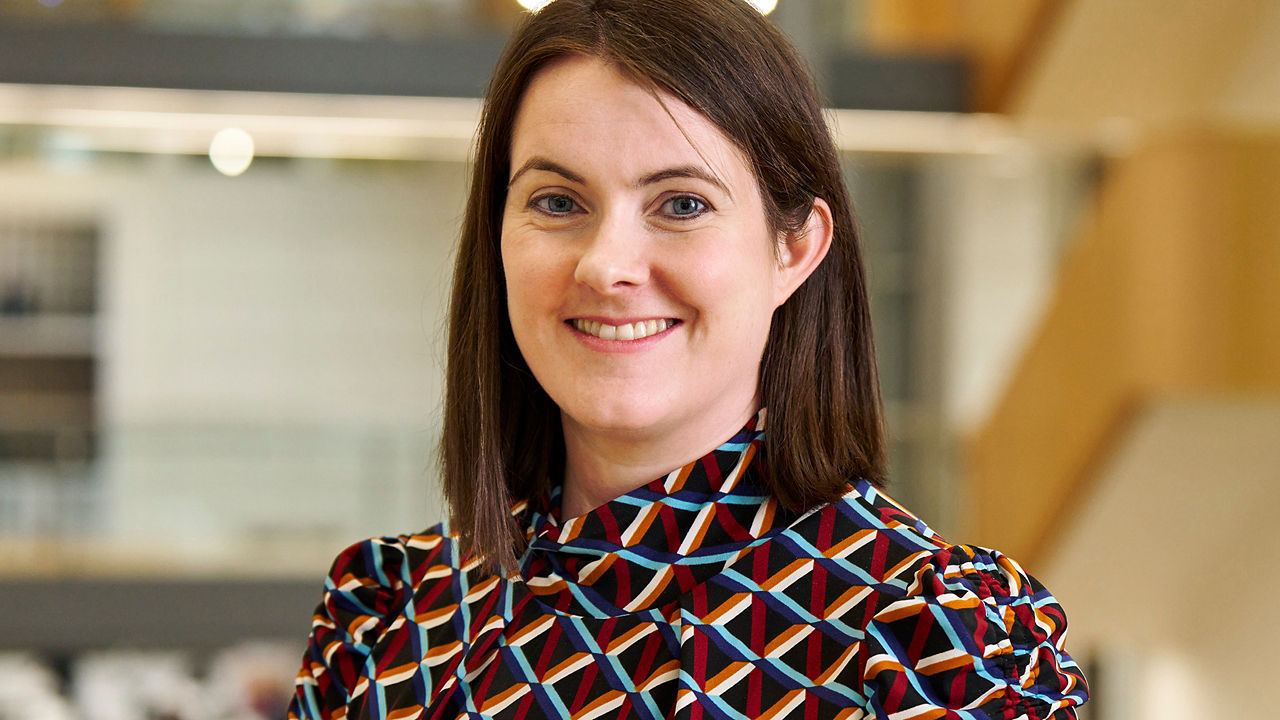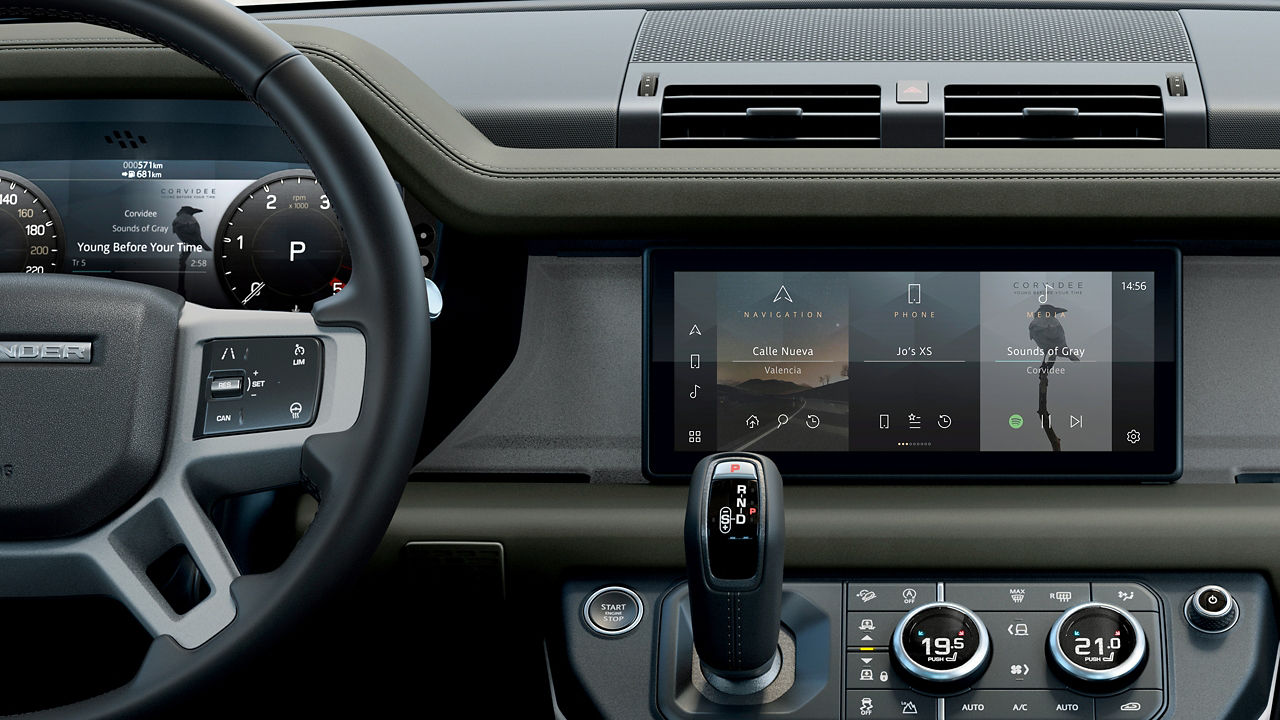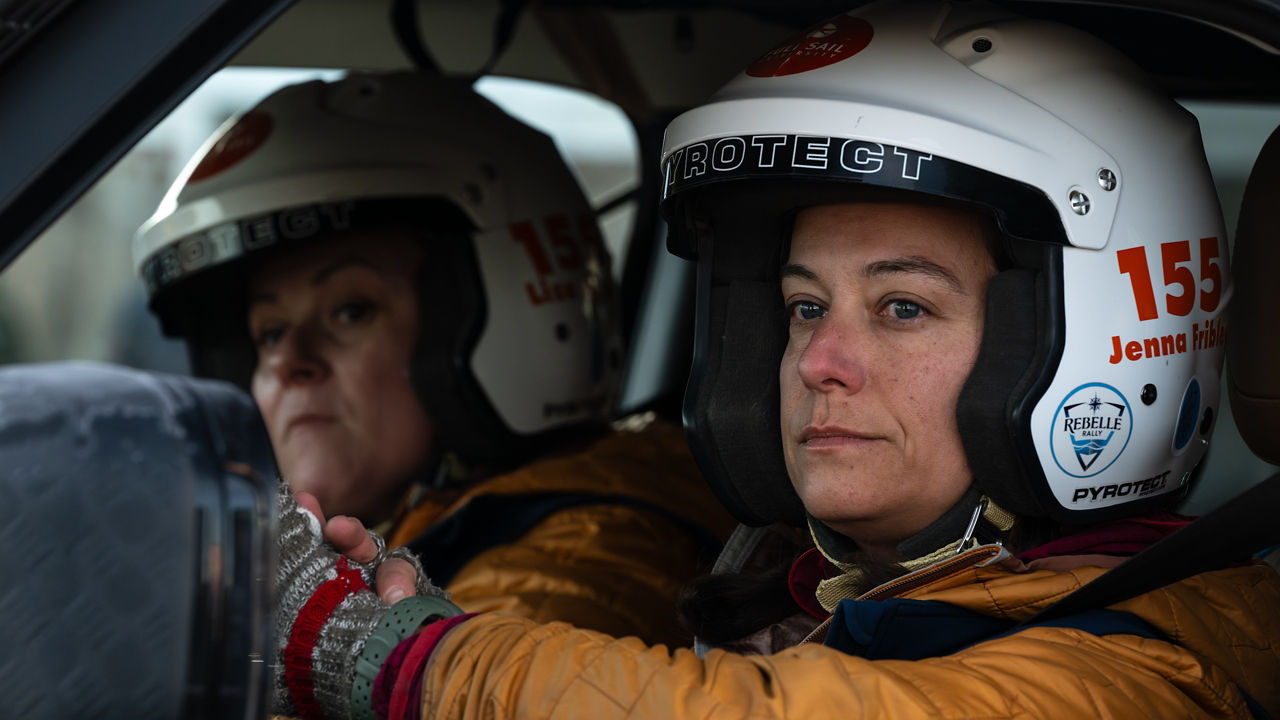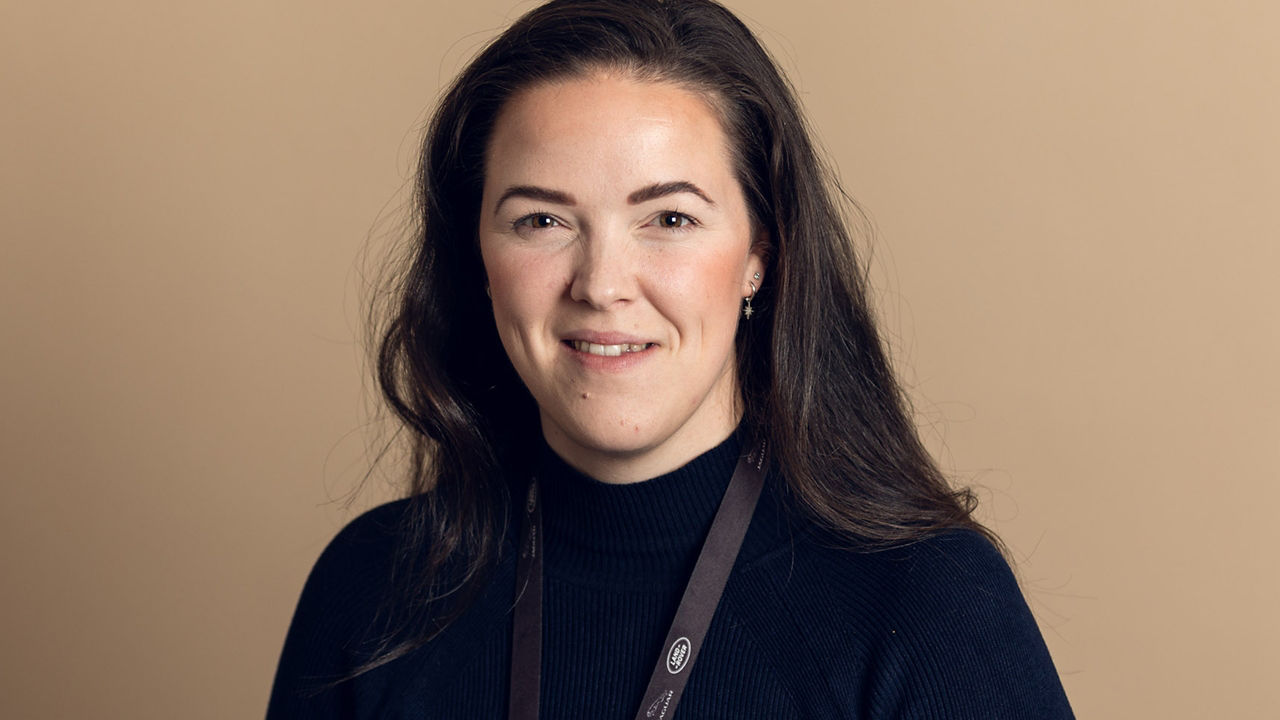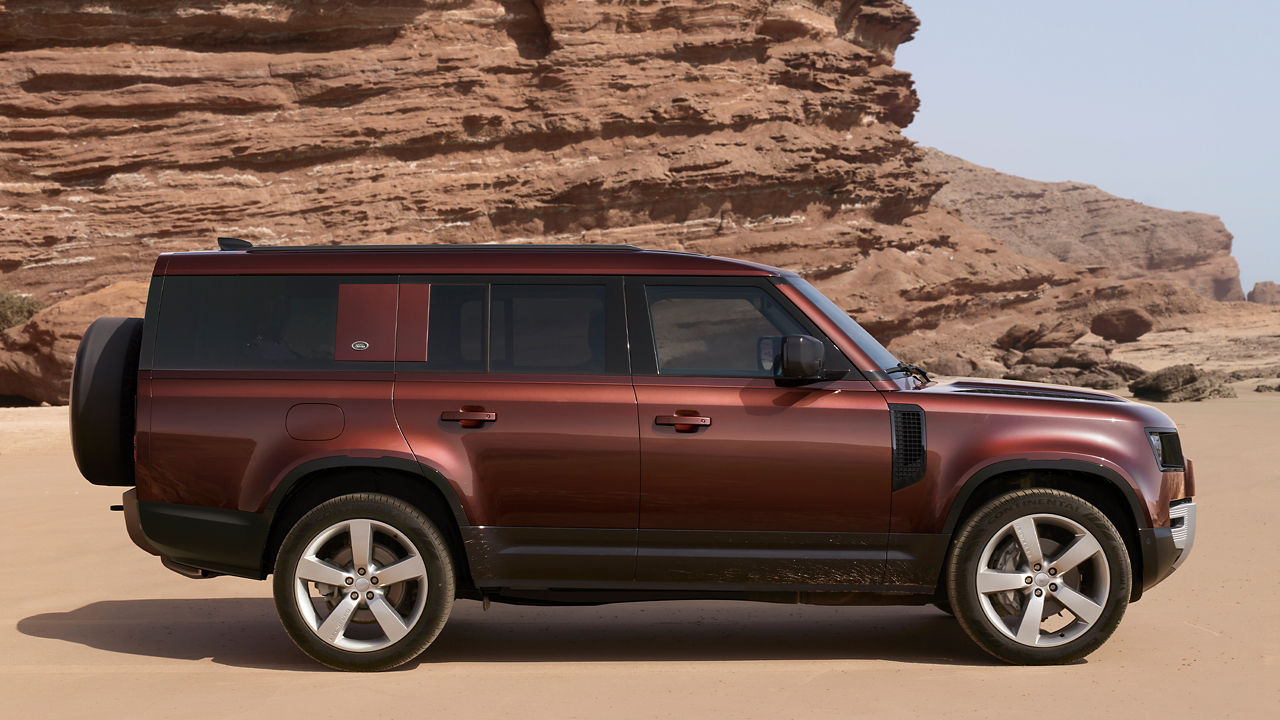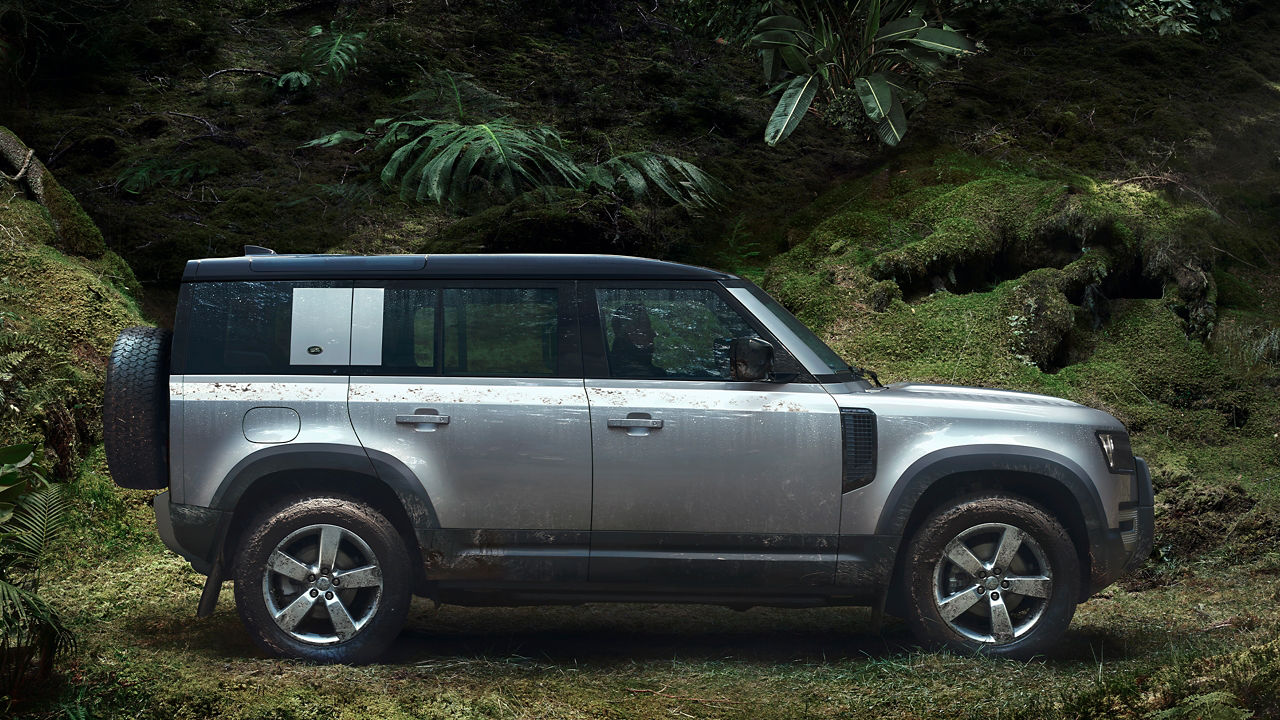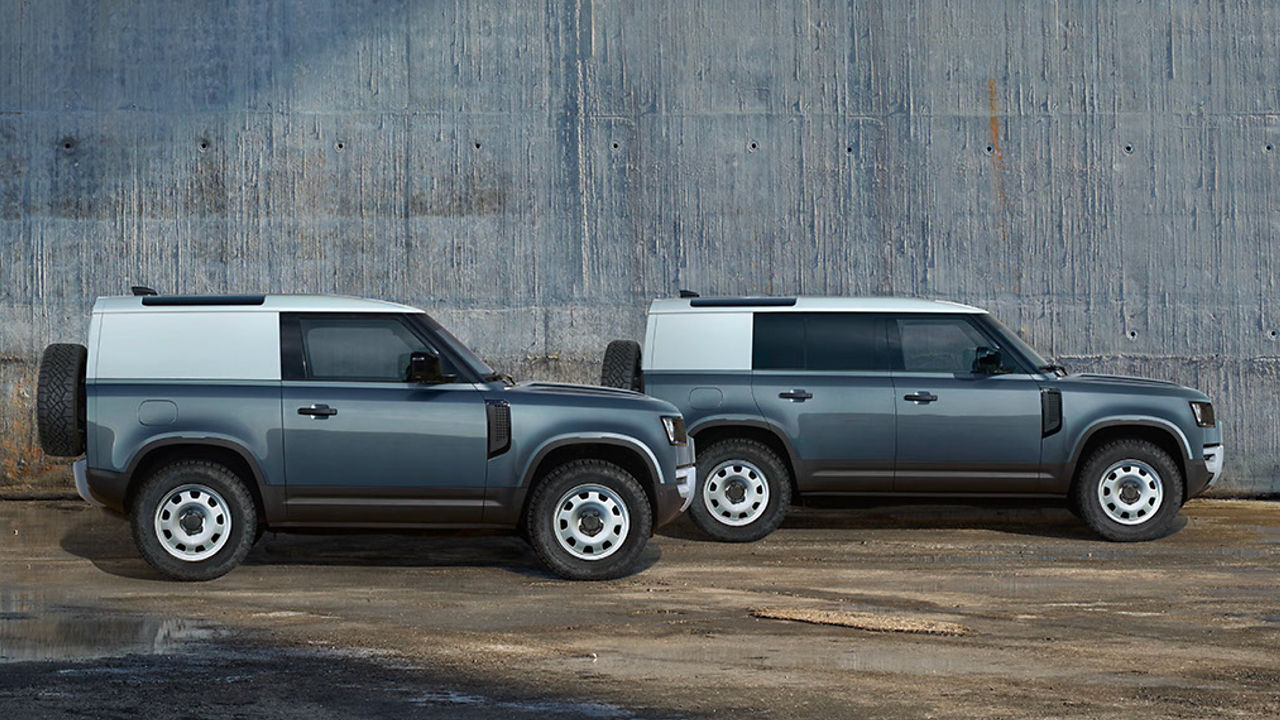Whenever Defender clients make calls on the go, stream music or follow satnav without interruption, some of the credit can go to Emma Kowalczuk and her team.
Most of us never question how all this tech works in harmony. Emma does though. She'll tell you it's about finding the best place to put the car’s antennae for maximum performance. And about electromagnetic compatibility. Put simply, that’s the ability of separate bits of electronic equipment to do their jobs without interfering with each other. That’s called coupling and it’s important to avoid.
As JLR’s Electromagnetics Chapter Lead, Emma heads a team of expert engineers using computer simulations to tackle one key problem. “It's basically how to get those electrical signals from outside the car inside to the customer, who could be downloading software over the air or streaming media on the go.”
People increasingly expect their cars to behave like a smartphone. Emma’s team understand this. “We want to emulate that connectivity and experience inside the car. Anything your phone can do, we want the car to be able to do as well. So it's quite important to consider, for example, where the antennas are on the car. That can allow you to have basically the same functionality you get from a from a phone.”
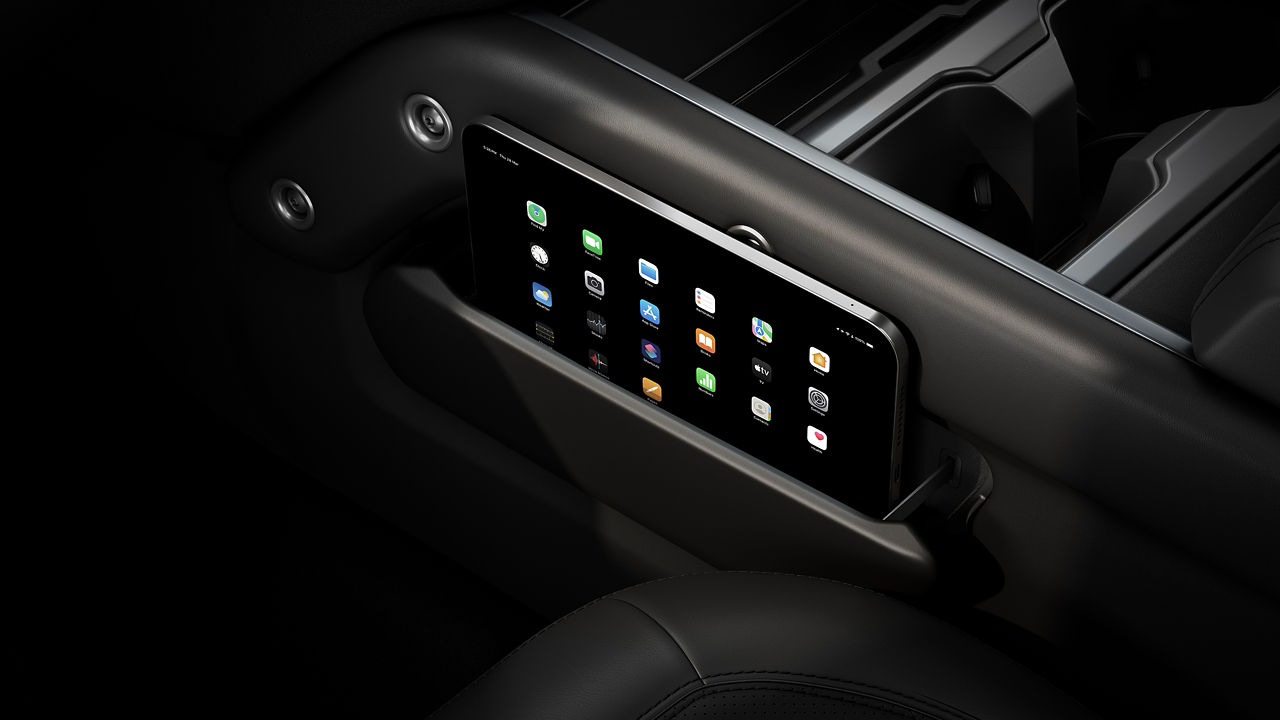
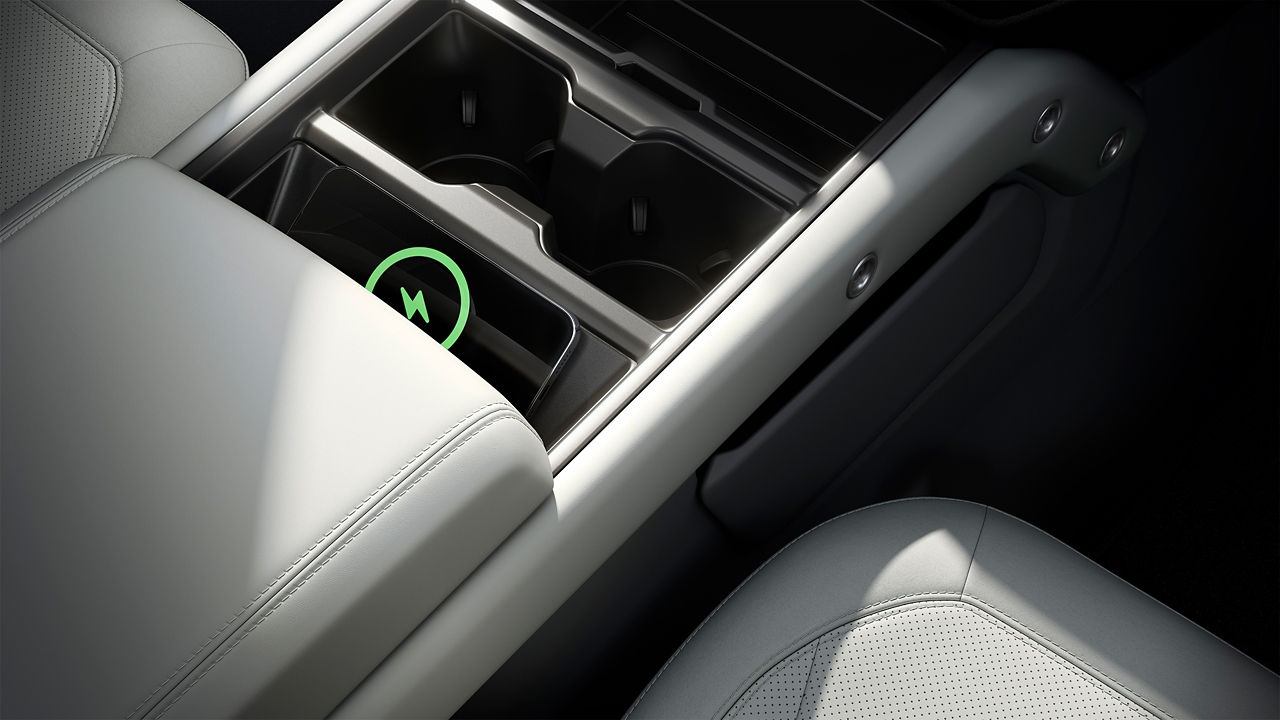
That functionality includes remote updates. Emma’s work benefited JLR’s software-over-the-air (SOTA) technology, allowing Defender clients to receive updates without needing to visit their Retailer. Recently that meant installing Amazon’s Alexa voice recognition, a bonus many clients may not have been expecting.
“I hope clients will think it’s quite good that that has come over the air and they haven't had to go into the Retailer. If you ask people to go into a Retailer they would think that was quite a big inconvenience.”
The antenna that makes this possible is inside a small fin-shaped pod located on Defender’s roof, towards the tailgate – with good reason. Making sure that worked properly was a big contribution to the entire project.
“If we put the antenna in a bad location it's going to have a very poor chance of getting reception. You can put them in the bumper somewhere and it's hidden, but the metal car body could block the communication link to the cellular base station and that's a problem. We put them up there to give us the maximum connectivity performance.”
To understand how different electromagnetic signals are behaving and how they might affect each other, Emma and her team produce images that look a bit like car bodies with clouds around them. That’s all part of the fun, she thinks. “The really good thing about this is that you can visualise what the fields are doing. A lot of people call electro-magnetic communications ‘magic’, because sometimes you don’t know why you just can't work out why there was a problem. But with the simulation you can actually see where the fields are and where the coupling is happening. It takes the magic out of it because you can visualise it.”
As well as communicating with the wider world, Defender sends messages between its on-board technologies. The team has worked on the radar system behind adaptive cruise control and the monitors for the driver’s blind spot and Defender’s tyre pressures.
Emma, who joined JLR in 2015, was the first person in the business to work on electromagnetic simulation. Her team has grown since then to eight, three of whom are women. “I’m very proud of the team for all the work they’ve done and the capability they've developed in this area.”
That capability originated in Emma’s childhood passion for STEM (science, technology, engineering and maths) subjects. “Science and maths has always been an interest of mine and I took those subjects at GCSE and A-level. I did have quite an interest in electronics and that's why I studied electrical engineering at university. I did my PhD in wireless communication, so you can kind of see me honing into an area as I go through.”
Her studies complete, Emma worked at a software company before bringing her skills to the automotive industry. With electronics growing ever more import in modern vehicles, her example should inspire many others to follow her.
MORE DEFENDER STORIES
EXPLORE DEFENDER
